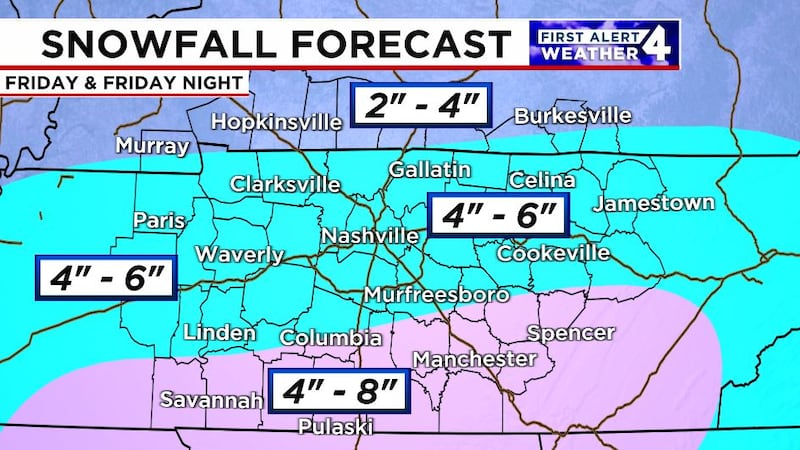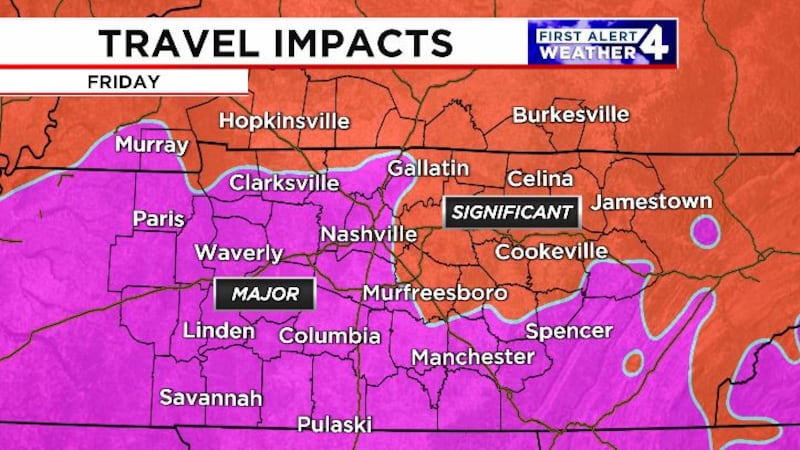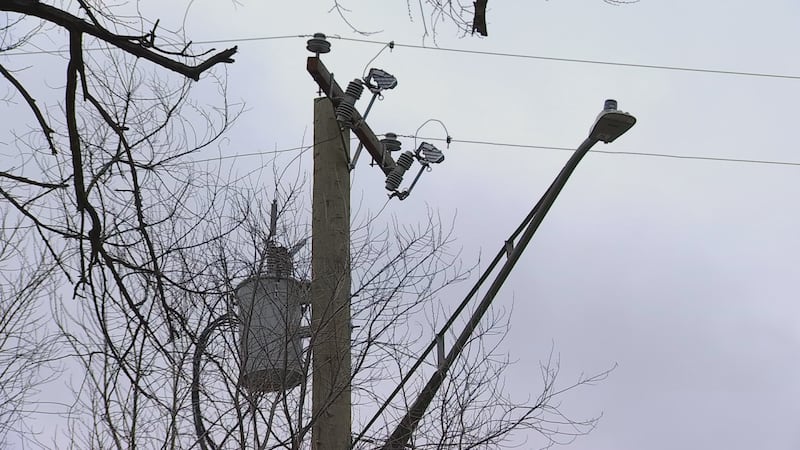Tennessee to enforce stricter online controls for minors in 2025
Social media accounts created before the New Year will not have to establish parental consent to remain active.
NASHVILLE, Tenn. (WSMV) - Starting January 1, 2025, two new laws in Tennessee take effect that give parents more control over their children’s online activity by tightening restrictions on social media accounts and access to adult content.
The measures, designed to safeguard minors, include the Protecting Minors from Social Media Act, which requires social media platforms to obtain parental consent before allowing users under 18 to create accounts.
Republican State Representative Jake McCalmon carried the legislation through committee and presented it on the House floor, and says the law puts the onus of social media companies to make reasonable steps to verify that new account holders are 18 or have their parents’ permission.

“This opens these companies up to civil suits, so parents can say, ‘Hey, you dropped the ball here,’” McCalmon said. “Parents should have the final say on what their kids are exposed to.”
The law also mandates that social media companies allow parents the ability to set time limits, review privacy settings, and revoke consent for their children’s accounts at any time.
The social media law will not apply retroactively, meaning social media accounts created before the New Year will not have to establish parental consent to remain active.
A second law, called the Protecting Minors Act aims to block minors from accessing adult content from websites like Pornhub and Fans Only. The law states that websites hosting explicit material will need to verify users’ ages through methods like uploading a photo that matches their state ID or uploading transactional data, such as pay stubs or mortgage documents.
Parents, like Tammy Schneck, welcome the changes.
“I don’t think kids should be subjected to those things,” Schneck said. “We need to be protecting our children from all of the sexually explicit and all of all of those ugly things that are on the internet.”
However, both laws face legal challenges.
Free speech advocates, social media companies, and adult websites argue the measures are unconstitutional, citing First Amendment concerns.
McCalmon says he believes the fact these groups are fighting age verification requirements proves they are targeting minors and feels confident both laws will withstand legal challenges.
“To me, it’s not a violation of their First Amendment rights to require parental approval because they’re not adults,” he said.
Tennessee joins 12 other states in passing age-verification laws related to pornography websites, and in some of those states, like Texas and Virginia, instead of complying, some adult-content websites blocked access in those states entirely.
Copyright 2024 WSMV. All rights reserved.














